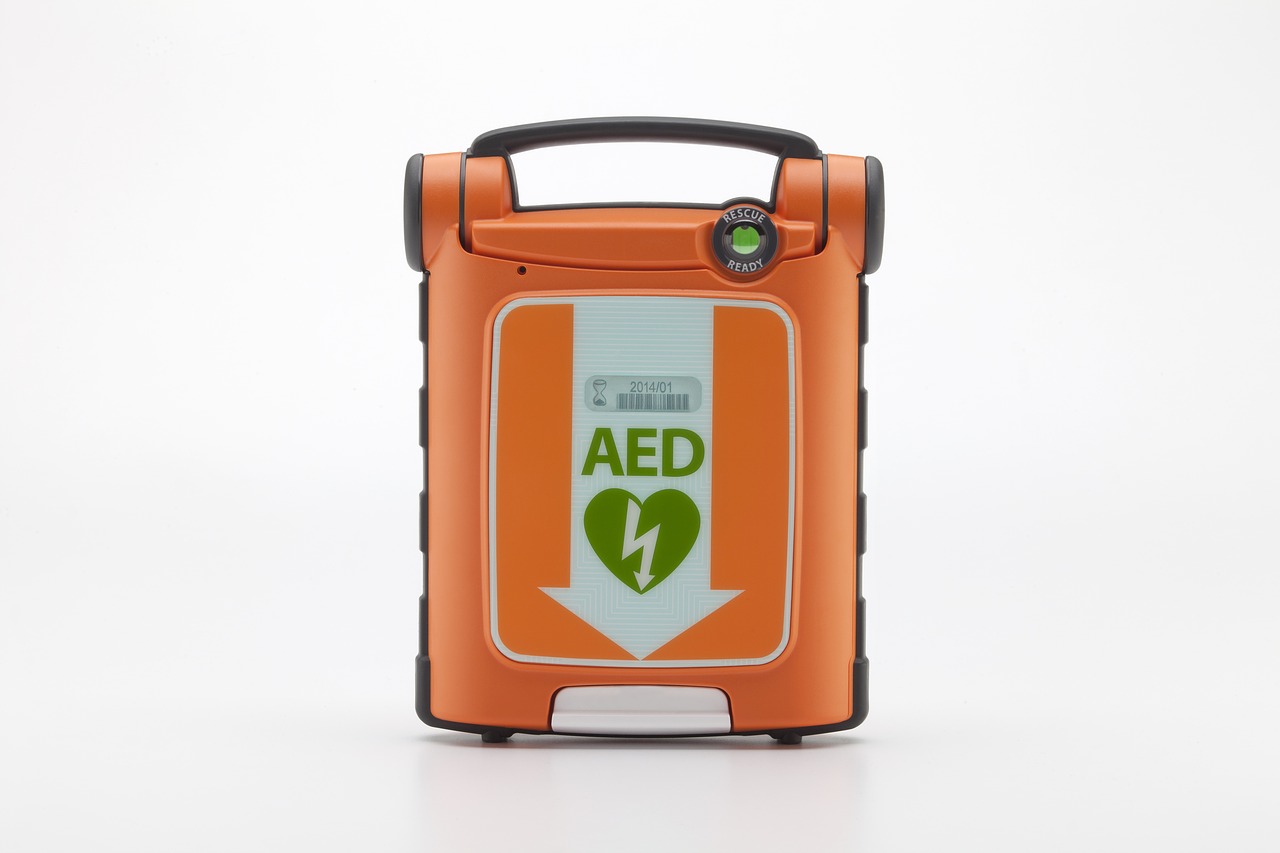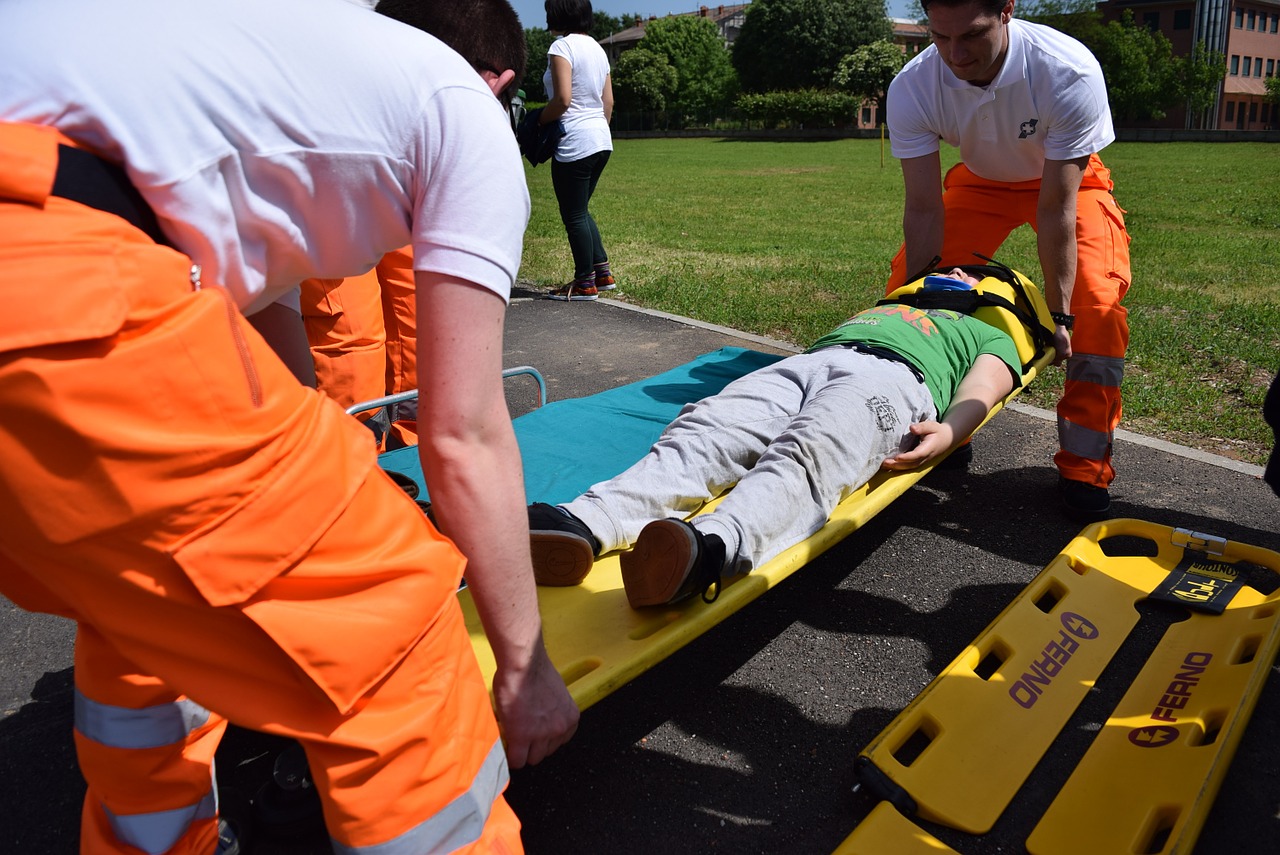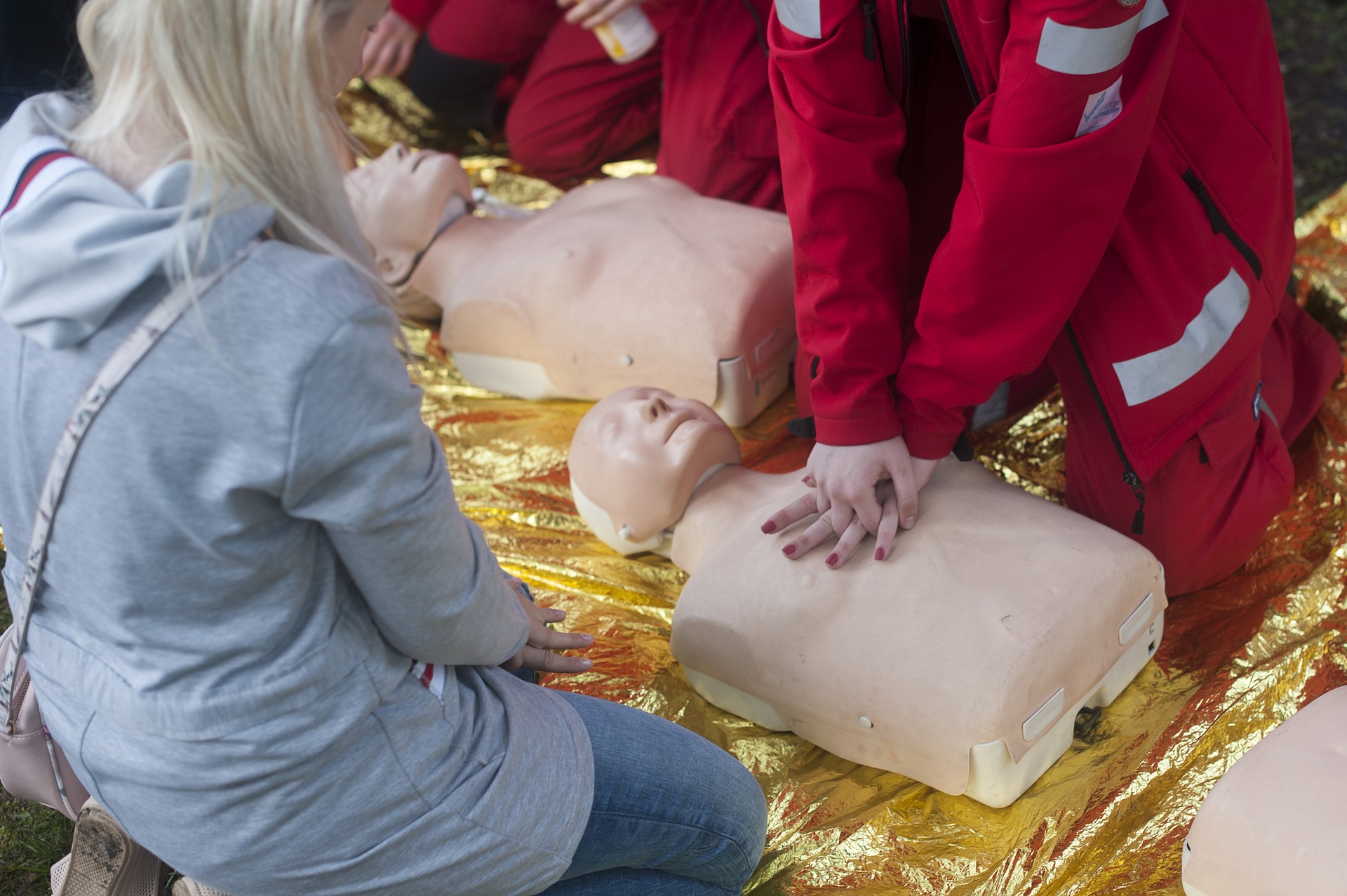The world has witnessed the worst of disasters in this new millennium. Who would forget the Indian Ocean tsunami in December of 2004 that killed more than 227,000 lives across 11 countries in 2 continents and the earthquake in Haiti in 2010 that killed 316,000 people? With the effects of climate change, calamities seem to be more rampant and deadlier in recent years.
Disasters do not only affect 3rd world countries. Whether natural or man-made, calamities can also hit even the most technologically advanced nations. Remember the heat waves that hit Central USA in 1988 that killed 10,000 people or the bush fires in California in 2018 that claimed 86 lives? Reverting the effects of climate change may be next to impossible. But saving more lives during disasters can be possible.
Basic life support or BLS is a set of techniques that first responders can provide to any individual experiencing health distress such as cardiac or pulmonary arrest, or obstruction in the airways. Indeed, BLS has been instrumental in saving lives on many occasions and has been part of disaster response and management.
Awareness and knowledge of basic life support should be disseminated to more people worldwide. Trainings on BLS should be promoted and encouraged in cities around the globe because of its numerous benefits such as:
Proven Effective as First Response during Emergency Cases
 CPR or cardiopulmonary resuscitation, the use of AED or automated external defibrillator and the removal of obstruction of the airways are three important aspects of BLS. When they are administered before professional medical help arrives, instant death can be prevented.
CPR or cardiopulmonary resuscitation, the use of AED or automated external defibrillator and the removal of obstruction of the airways are three important aspects of BLS. When they are administered before professional medical help arrives, instant death can be prevented.
Cardiac arrest is one of the world’s leading causes of death. With the instantaneous administration of BLS, many lives have been saved from death or the debilitating effects of the illness. CPR has also been crucial in reviving drowning victims.
Crucial Role in Mitigating Disaster Effects on Human Lives
Disasters have brought about damages to lives and properties. Some deaths during disasters may have been prevented when there is medical help at hand or at least concerned individuals with BLS skills. In many countries, disaster volunteer groups are trained on basic life support to be able to administer life-saving techniques to victims.
Important in Making Professionals More Competent in Their Jobs
 Some professionals will be better off when they learn basic life support skills and techniques by heart. The jobs of policemen, firefighters, teachers, social workers, community organizers, and medical professionals involve the care for other people. They will be more effective in their professions should they know how to administer BLS to the people they are dealing with when needed.
Some professionals will be better off when they learn basic life support skills and techniques by heart. The jobs of policemen, firefighters, teachers, social workers, community organizers, and medical professionals involve the care for other people. They will be more effective in their professions should they know how to administer BLS to the people they are dealing with when needed.
Enhanced Critical Thinking
BLS will not only improve critical thinking and judgment, but it can also enhance problem-solving skills. This is not only during emergencies; they can be applied in other aspects of life as well. When you trust your BLS skills, you may also begin to trust your good decision-making abilities.

